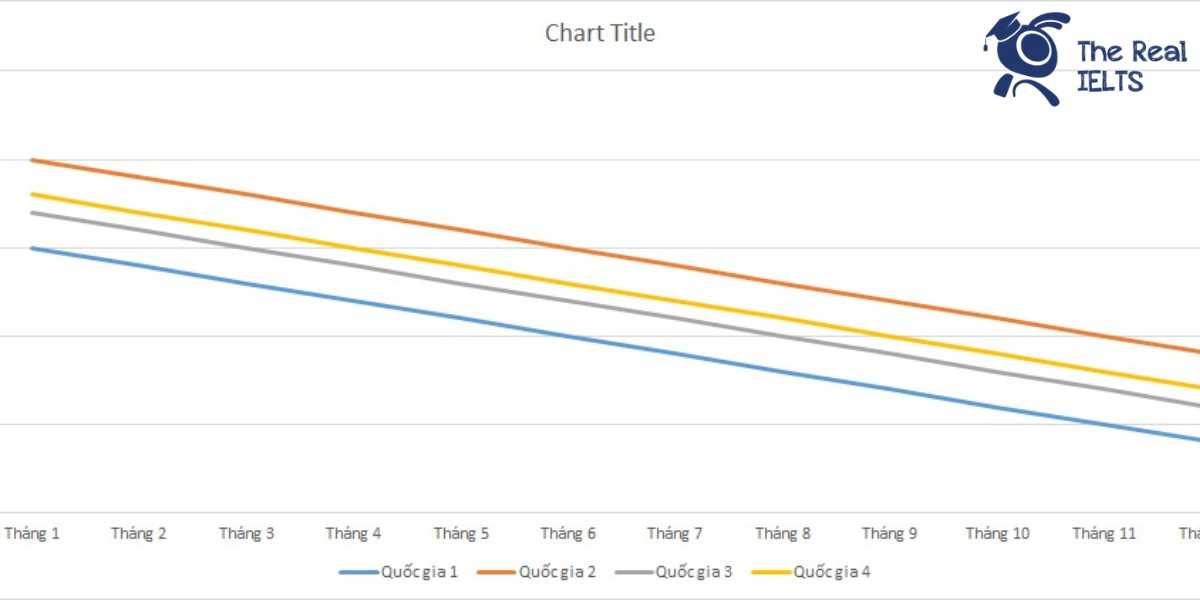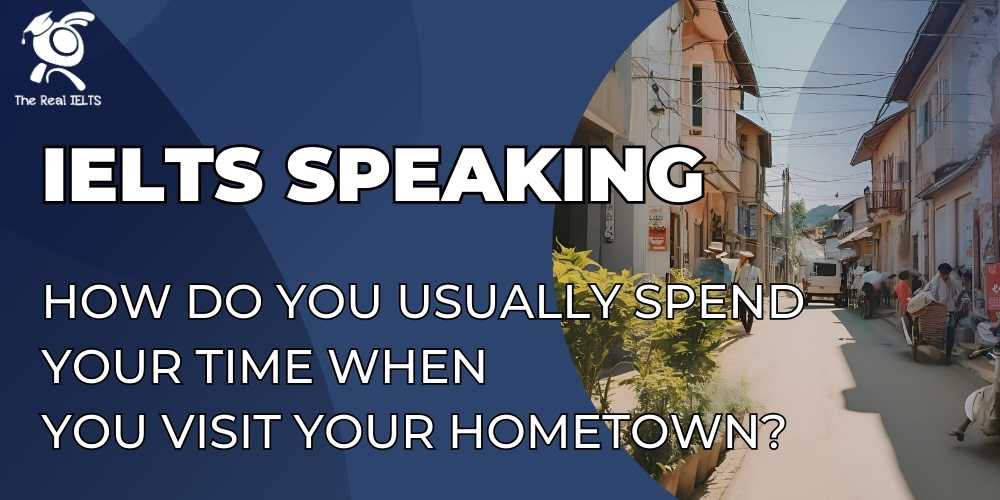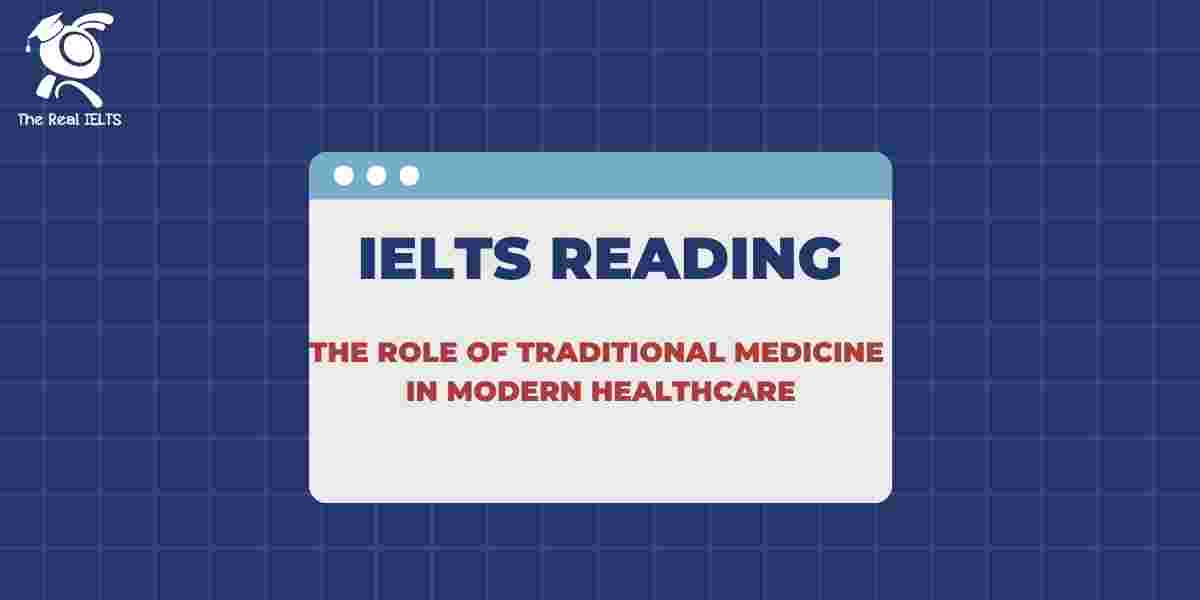Đề bài IELTS Writing Task 2 dạng Agree or Disagree Part 21:
You should spend about 40 minutes on this task
The voting age should be lowered to 16. To what extent do you agree or disagree?
Write at least 250 words.
Giải mẫu IELTS Writing
The question of whether the voting age should be lowered to 16 is a highly debated issue. Some argue that 16-year-olds are mature enough to participate in democratic processes, while others believe that they lack the necessary experience and understanding. In this essay, I will discuss both perspectives and explain why I partially agree with lowering the voting age to 16.
One of the main arguments in favor of lowering the voting age is that 16-year-olds are already given significant responsibilities. At this age, many are allowed to drive, work part-time, and pay taxes. If they are deemed responsible enough to handle these activities, it follows that they should also be trusted with the right to vote. Additionally, young people today are more politically aware than ever before, thanks to the internet and social media. They are often engaged in social and political issues, and allowing them to vote could enhance their sense of civic duty and inclusion in the democratic processes.
Moreover, lowering the voting age could lead to a more representative democracy. Young people have unique perspectives and concerns that are often overlooked by older voters. Issues such as climate change, education, and technology directly impact them and their future. By allowing 16-year-olds to vote, these issues could receive more attention from policymakers, leading to more comprehensive and forward-thinking policies.
However, opponents argue that 16-year-olds may lack the maturity and life experience required to make informed voting decisions. The teenage years are a period of significant emotional and psychological development, and many adolescents may not yet have the critical thinking skills needed to evaluate complex political issues. Furthermore, there is a concern that young voters could be more easily influenced by parents, teachers, or peers, potentially undermining the independence of their vote.
Despite these concerns, it is important to consider that the process of becoming an informed voter is a lifelong journey. Providing voting education in schools and encouraging young people to engage with political processes from an early age could help mitigate the issue of inexperience. Countries like Austria and Scotland, where the voting age has been lowered to 16, have seen positive outcomes, with young voters participating actively and responsibly in elections.
In conclusion, while there are valid arguments on both sides, I partially agree with the idea of lowering the voting age to 16. By recognizing the capabilities and perspectives of young people, and by supporting their political education, we can create a more inclusive and representative democracy. It is crucial to ensure that young voters are equipped with the necessary tools to make informed decisions, thereby strengthening the democratic process for future generations.
Cấu trúc ngữ pháp và cấu trúc câu
Cấu trúc câu và ngữ pháp được sử dụng trong bài viết
Cấu trúc câu:
- Câu đơn:
- “The question of whether the voting age should be lowered to 16 is a highly debated issue.”
- “Opponents argue that 16-year-olds may lack the maturity and life experience required to make informed voting decisions.”
- Câu ghép:
- “Some argue that 16-year-olds are mature enough to participate in democratic processes, while others believe that they lack the necessary experience and understanding.”
- “If they are deemed responsible enough to handle these activities, it follows that they should also be trusted with the right to vote.”
- Câu phức:
- “One of the main arguments in favor of lowering the voting age is that 16-year-olds are already given significant responsibilities.”
- “By recognizing the capabilities and perspectives of young people, and by supporting their political education, we can create a more inclusive and representative democracy.”
- Câu phức ghép:
- “Providing voting education in schools and encouraging young people to engage with political processes from an early age could help mitigate the issue of inexperience.”
- “Countries like Austria and Scotland, where the voting age has been lowered to 16, have seen positive outcomes, with young voters participating actively and responsibly in elections.”
Cấu trúc ngữ pháp:
- Câu điều kiện loại 1:
- “If they are deemed responsible enough to handle these activities, it follows that they should also be trusted with the right to vote.”
- Câu điều kiện loại 2:
- “By allowing 16-year-olds to vote, these issues could receive more attention from policymakers, leading to more comprehensive and forward-thinking policies.”
- Câu nhấn mạnh:
- “It is crucial to ensure that young voters are equipped with the necessary tools to make informed decisions, thereby strengthening the democratic process for future generations.”
- Mệnh đề quan hệ:
- “Countries like Austria and Scotland, where the voting age has been lowered to 16, have seen positive outcomes.”
- Câu bị động:
- “16-year-olds are already given significant responsibilities.”
Từ kết nối các câu và các đoạn:
- Từ nối các câu:
- “However”
- “Moreover”
- “Furthermore”
- “Despite these concerns”
- “Additionally”
- “In conclusion”
- Từ nối các đoạn:
- “One of the main arguments in favor of lowering the voting age”
- “Moreover”
- “However, opponents argue”
- “Despite these concerns”
- “In conclusion”
Tổng kết các từ kết nối:
- However – Tuy nhiên
- Moreover – Hơn nữa
- Furthermore – Thêm vào đó
- Despite these concerns – Mặc dù những lo ngại này
- Additionally – Ngoài ra
- In conclusion – Kết luận lại
Các từ vựng tiếng Anh cần lưu ý trong bài viết
Từ vựng cần lưu ý trong bài viết
- Voting age – độ tuổi bầu cử
- Lowered – hạ thấp
- Mature – trưởng thành
- Democratic processes – các quy trình dân chủ
- Responsibilities – trách nhiệm
- Part-time – bán thời gian
- Taxes – thuế
- Politically aware – nhận thức chính trị
- Civic duty – nghĩa vụ công dân
- Inclusion – sự hòa nhập
- Representative democracy – nền dân chủ đại diện
- Perspectives – quan điểm
- Concerns – mối quan tâm
- Policymakers – những nhà hoạch định chính sách
- Comprehensive – toàn diện
- Forward-thinking – tư duy tiến bộ
- Maturity – sự trưởng thành
- Life experience – kinh nghiệm sống
- Critical thinking skills – kỹ năng tư duy phản biện
- Evaluate – đánh giá
- Complex political issues – các vấn đề chính trị phức tạp
- Influenced – bị ảnh hưởng
- Independence – sự độc lập
- Mitigate – giảm thiểu
- Informed voter – cử tri có thông tin
- Outcomes – kết quả
- Participating actively – tham gia tích cực
- Inclusive – bao gồm
- Equipped – được trang bị
- Strengthening – củng cố
Đọc thêm các bài Luyện Thi IELTS khác trong link nhé.















